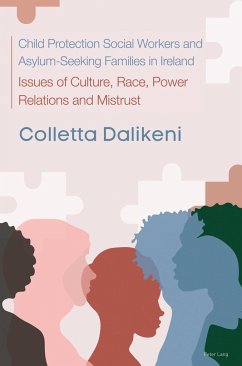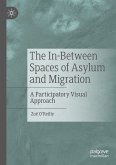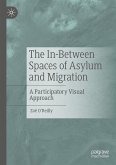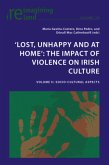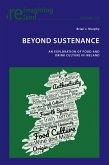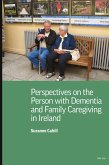The issue of migration and asylum seeking has received increasing attention in the wider arena of international human rights and social service provision practice. Positioned within a liberal understanding of human rights and equality framework, providing asylum seekers with sanctuary is understood as an act of adhering to supranational and international humanitarian obligations. The issues generated by the culturally influenced needs of some asylum seekers have however challenged host countries' social service institutions, where social work interventions and organisational contexts may still be based on the assumptions of European monocultural traditions. These may not be universally appropriate for service provision to all cultures. Colletta Dalikeni supports readers who wish to understand the challenges of culturally different asylum-seeking families. These families engage, or are required to engage, with child protection social workers. She does so by framing such issuesas the reception and integration of asylum-seeking families, in the context of social exclusion, marginalisation, mutual cultural incomprehension, health and wellbeing. This book has a clear agenda. On the one hand, it aims to contribute to the field of research by addressing the silence in current literature on the perspective of African asylumseeking families. On the other hand, it allows the voices of those on society's margins to be heard in the creation of knowledge. As such, the author employs a progressive approach to develop understanding of child protection issues within the context of asylum-seeking communities.
Bitte wählen Sie Ihr Anliegen aus.
Rechnungen
Retourenschein anfordern
Bestellstatus
Storno

